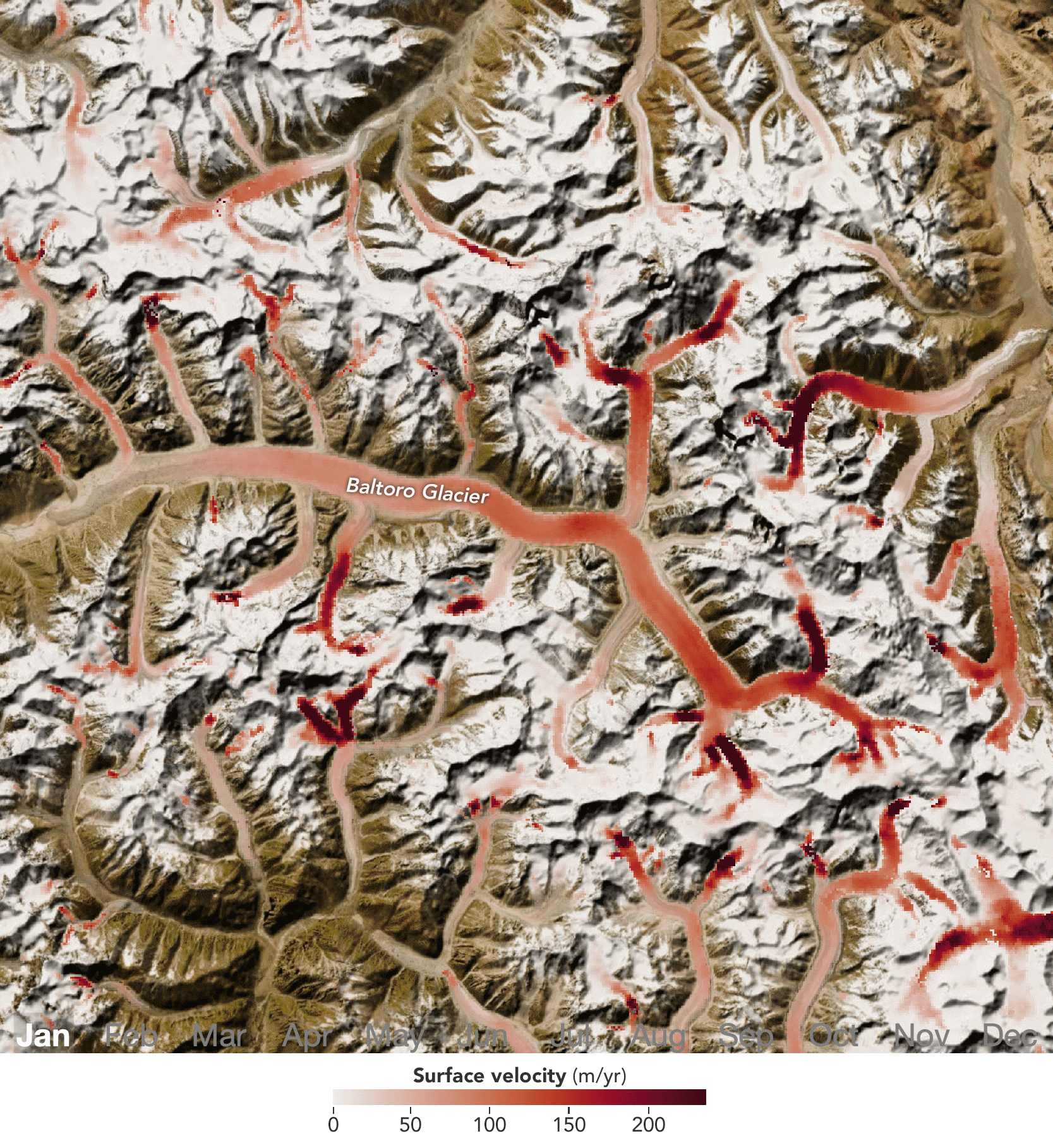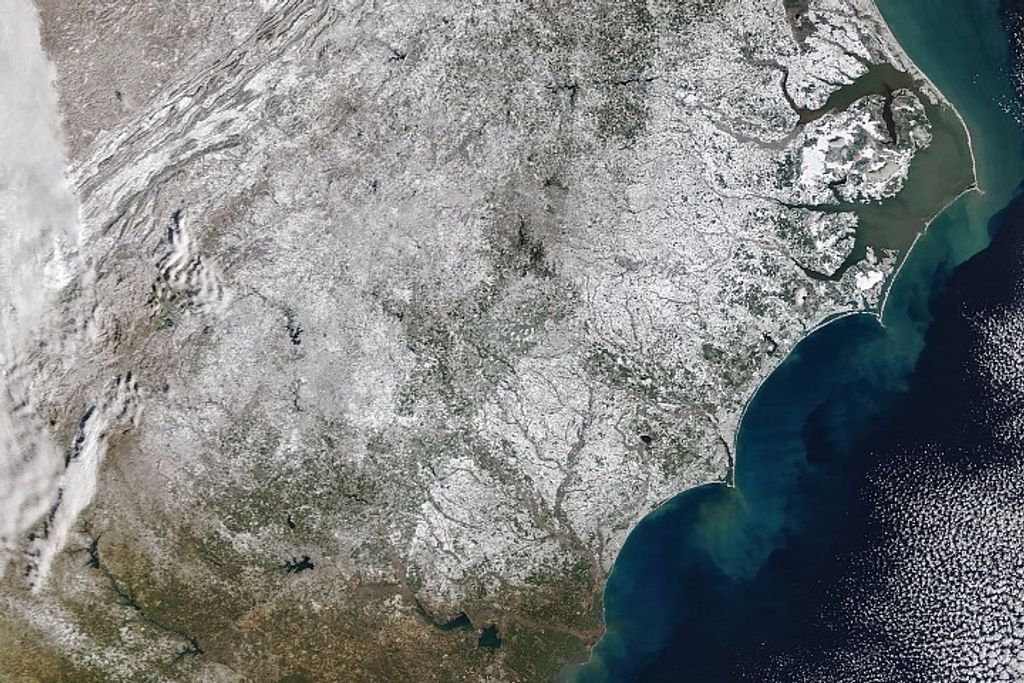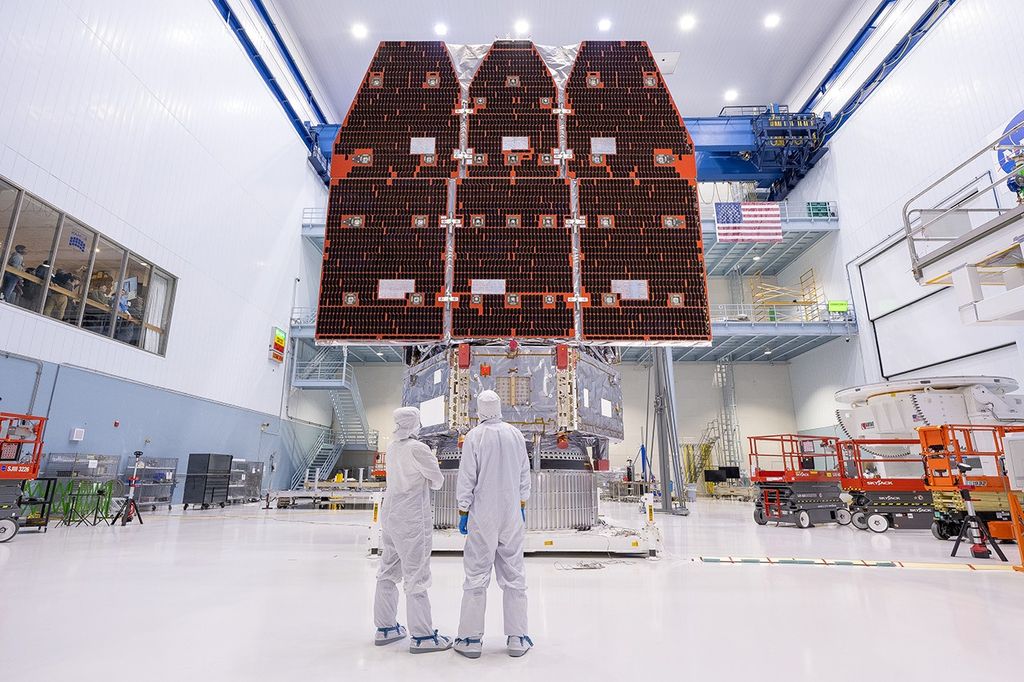Jill Noble
Contents
Personal Essay
I have been part of the NASA family since I began as an intern at NASA Lewis Research Center in June 1985.
I was born in Dayton, Ohio, the fourth of five children to two wonderful parents, who made a huge difference in my life. My dad worked hard, and he instilled in me the meaning of integrity and a strong work ethic. All through school, I had the support of my mother who worked tirelessly to make sure that her three daughters, who were born without vision, had the support they needed in the classroom in order to succeed. She stayed at home and guided all of us into our lives of independence. Together, my parents reinforced the importance of having a positive outlook on life, the difference between right and wrong, and the values of honesty and loyalty.
I also had two outstanding “vision teachers”—educators in junior and senior high school who worked to make school accessible for blind students and who were immensely influential in shaping the person I would become. One was my itinerant teacher and the other was my orientation and mobility instructor. They, like my parents, also taught me how to be independent and to expect a lot of myself.
After high school, I decided to attend Cleveland State University. Like so many others, I was fascinated with computers. I looked for and found a lot of part-time jobs to help me survive financially in college. When I began searching for a job as a computer programmer, it was one of my peers who encouraged me to write to the center director, Andy Stofan, at NASA Lewis Research Center (currently NASA Glenn Research Center at Lewis Field) to inquire about summer internship possibilities. In 1985, I was fortunate enough to be accepted into an internship program.
On my first day as an intern at NASA I was pleasantly surprised to discover that I would be able to access a computer by using an adaptive piece of hardware known as a VersaBraille. Having this access and a supportive mentor who believed in my abilities made my first internship a most enjoyable one.
I interned again in 1986. After I returned to Cleveland State University, I would periodically return to NASA to take some short-term programming courses in the language NASA then used. It was not until 1989 that I received a phone call from my mentor Bob Luckado who informed me of a full-time position as a computer programmer and suggested that I apply for it. I was truly blessed to have such a wonderful person as my mentor.
Even though I was unable to pursue my childhood dream of becoming a nurse, my life—both professionally and personally—certainly has traveled up a positive path.
During my 21-plus years at NASA, I have had the opportunity to be involved with several programs and projects. I have been an active member of the NASA Speakers Bureau since 1991, and a public tour guide for the Research Analysis Center for 9 years, which included being responsible for updating the tour video. As a member of the Disability Awareness Advisory Group, I have participated in setting up yearly awareness programs and have assisted with accessibility issues surrounding NASA open house events, such as the 50th Anniversary celebration.
Some interesting outreach projects include Habitat for Humanity, Harvest for Hunger, and the Cleveland Food Bank. The 9-month after-school scheduled activity emphasizing the importance of math and science for local area Girl Scout troops was one of my favorites. Another highlight of my career was being a mentor for visually impaired students for four summers in the High School High Tech program.
Personally, I have been involved for many years with a consumer organization—The American Council of the Blind. Locally, I have chaired the Dog-A-Thon fundraiser where the proceeds are used to purchase adaptive equipment for blind and visually impaired children. On the state level, I have co-chaired, for more than 20 years, the Summer and Winter Sports Retreats for blind and visually impaired adults, and have served on the national level as a member of the Women’s Concerns Committee for the World Blind Union.
I spend some of my free time enjoying tandem bike riding, hiking, cross-country skiing, sailing, knitting, crocheting, and sky diving.
Some of the most joy-filled moments of my life were when I went away to college, and when I trained at Guide Dogs for the Blind with my first guide dog, a bouncy Golden Retriever named Pearl who loved to work.
Currently, I am an information technology specialist in the Information Services Directorate. I audit bankcard purchases and perform point of contact duties for the ODIN computer contract, with a great concentration on 508 compliancy testing of surveys, applications, and Web sites—both at Glenn Research Center and agencywide.
I think that my success at NASA and in life has a great deal to do with the lessons life has taught me. Blindness and life’s experiences have both contributed to the necessity of being flexible. I have learned that there are many paths that you can take to success. If one doesn’t work, you try another. Along with flexibility, one must always have a plan in place and not just Plan A, but also Plan B, and occasionally Plan C. Perhaps one of the most important lessons I have discovered in life is to be independent. I learned to travel around Cleveland with a guide dog and found ways to do my job with minimal assistance. This does not mean that I don’t ask others for help. There have been many times when I have encountered a noisy construction site when trying to cross the street and needed the guidance of one of the construction workers to assist me in maneuvering around it. I truly appreciate all that others do for me and that is why, when I can, I try to volunteer my time as well.
Biography

If someone were to try to keep up with all of Jill Noble’s activities, accomplishments, and contributions to the community, they’d need a more powerful machine that even NASA could build. They would also need a positive outlook, a strong moral compass, and an impeccable work ethic—qualities her parents instilled in her, early on. “I also had two outstanding ‘vision teachers’—educators in junior and senior high school who worked to make school accessible for blind students and who were immensely influential in shaping the person I would become,” she explained. The person Ms. Noble became, today, is a NASA employee who audits bankcard purchases and performs point of contact duties for the ODIN computer contract, with a concentration on 508 compliance testing of surveys, applications, and Web sites. She has also been a member of the NASA Speakers Bureau, a public tour guide for the Research Analysis Center, a member of the Disability Awareness Advisory Group, and has worked on numerous outreach projects. “The 9-month after-school scheduled activity emphasizing the importance of math and science for local area Girl Scout troops was one of my favorites,” she said. And, with that said, it would be safe to add “outstanding role model” to her resume. Ms. Noble is currently completing her BS in computer information sciences with a concentration in accounting at Cleveland State University.



























